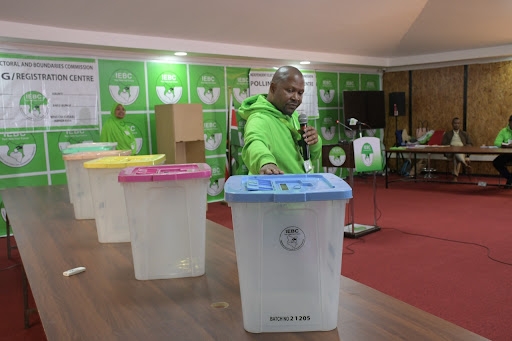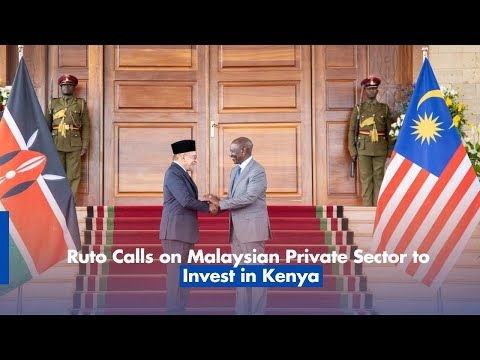

In 1954, Dwight Eisenhower, the 34th President of the United States of America and five-star general during World War II, sagely said, “I have two kinds of problems, the urgent and the important. The urgent are not important, and the important are never urgent.”
Later, Dr Stephen Covey decided to dote on this quote in his book the 7 Habits of Highly Effective People.
He introduced the Eisenhower Matrix, which is also known as the time management matrix, the Eisenhower box or the urgent-important matrix.
Therefore, using Eisenhower matrix, students can divide time into four boxes based on: One, tasks to do first.
Two, tasks to schedule later.
Three, tasks to delegate.
And four, tasks to delete.
Somehow, after looking at Gas Laws in Chemistry (Boyle’s, Charles’ and Graham’s Laws), students can also coin, “Today, is directly proportional to tomorrow, God’s favour being a constant.”
Bad news is that time flies.
Good news is that students are the pilots.
Students cannot kill time without injuring their future.
Time has a puissant impact on their academic performance and career choices.
Time is the metre sedulous students use to measure their academic progress and success.
Time is the currency of life.
It is not possible to save time.
Time wasted cannot be recovered.
Time is a resource given to them by God Almighty.
Wisdom and time are inseparable.
Steadfast stewardship of time is wisdom.
Students who manage time are wise.
Students who cannot manage time are otherwise.
No wonder, the psalmist prays in Psalm 90:12, “Teach us to number our days right that we may gain a heart of wisdom.”
Somewhere I read, to know the value of one year, ask a student who has failed in a national exam like KCSE.
To know the value of one month, ask a mother who has given birth to a premature baby.
To know the value of one week, ask an editor who works on a weekly newspaper.
To know the value of one day, ask a daily casual labourer who has ten mouths to feed.
To know the value of one hour, ask a lad and lass, madly in love, and are eager to meet for a tour of hearts.
To know the value of one minute, ask a person who has just missed a flight.
To know the value of a second, ask a person who has just witnessed an accident.
To know the value of a millisecond, ask an elite athlete poised to bag a gold medal.
Ideally, there is predictable time, duration already committed to activities such as classes, discussions, games or entertainment.
Discretionary time is time available, and not already allotted to activities.
Imposed time is unpredictable.
Time for activities such as assignments and telling stories with friends.
Actually, through steadfast stewardship of time, it is easier to accomplish tasks.
Therefore, being a steadfast steward of time is the real deal.
Wise use of time makes life worth living.
Sometimes, the difference among students in terms of health, wealth, performance, excellence and peace, can be attributed to how they spend time in and out of school.
Some students commit their time to meaningful activities, while others focus on activities that affect their rise to the acme of the game of life.
Time influences our well-being and wellness.
A feeling of being ‘out of control’ of time is a source of stress related issues.
VICTOR OCHIENG'
Education consultant.


















